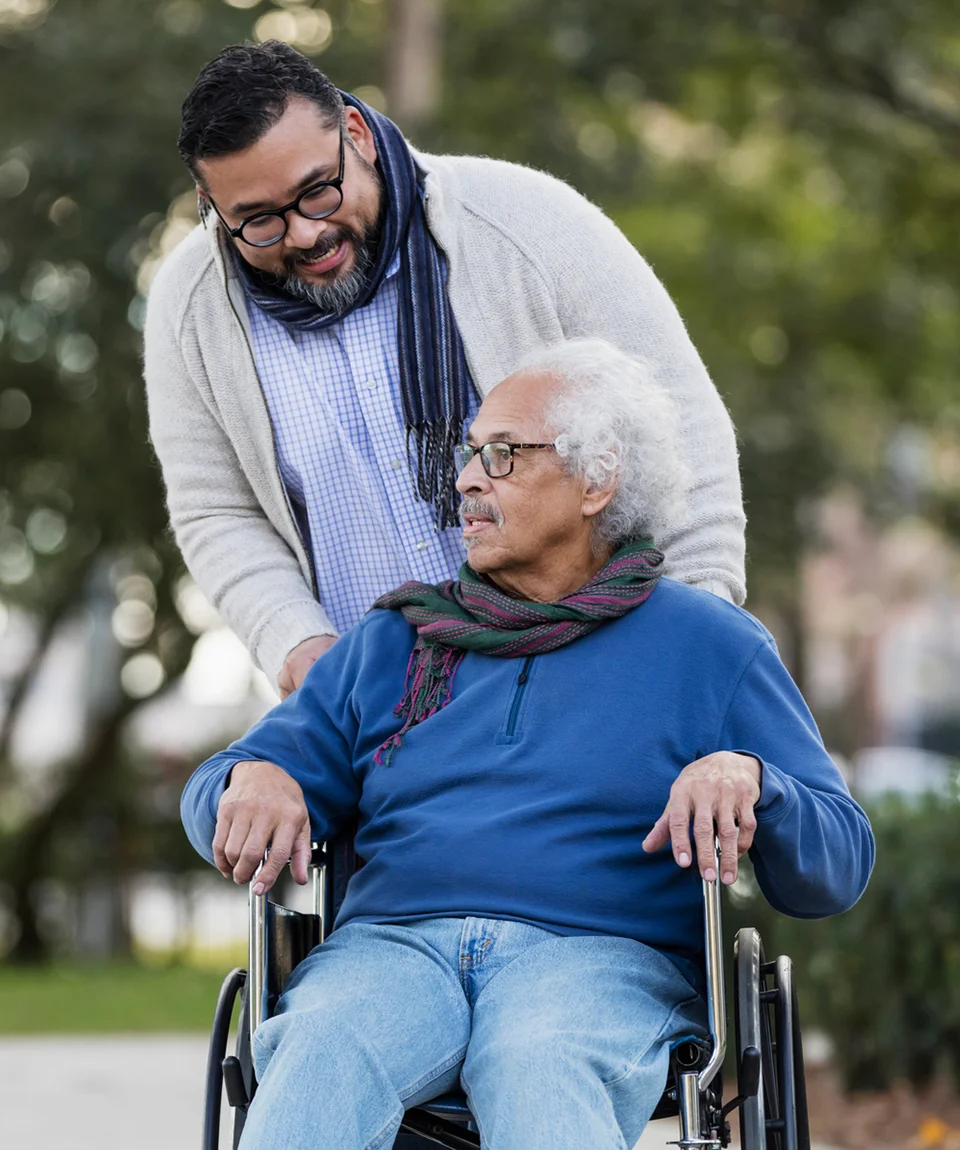What is EPS?
An electrophysiology study (EPS) is a test that helps determine what kind of arrhythmia (irregular heartbeat) you have and what can be done to control it. Not everyone with an abnormal heartbeat needs an EPS and many people may just be given an electrocardiogram (ECG/EKG).
Beat heart disease.
Join the fight to end heart disease and stroke.
What can you expect?
Before the exam
- Special catheters (thin flexible tubes) are inserted through a vein in your arm, groin or neck and guided to your heart to record its electrical activity.
- You will be asked to lie on a special table and be monitored by an ECG machine.
- An intravenous (IV) will be attached, and the site where the catheters are to be inserted will be cleaned.
- You will then be given a local anesthetic to numb the skin so you feel no pain.
- Then, the catheters will be carefully guided through a vein into the right side of the heart.
During the exam
- You will be given controlled electrical impulses to see how your heart reacts.
- For example, if you are prone to rapid heartbeats (tachycardia), these may be deliberately triggered during the procedure so that your doctor can see how it affects your heart.
- Medications may also be tested to see which ones will stop the arrhythmia.
- Once the electrical pathways causing the arrhythmia are found, radio waves can be sent through the catheter to destroy them (ablation). A diagnostic electrophysiology study takes approximately 1 to 2 hours and an ablation may take an additional 1 to 4 hours. You will be returned to your room where you will be monitored and required to rest for approximately for 4 to 6 hours.
- When your heart receives the electrical impulses to make it beat at different speeds, you may feel slightly uncomfortable.
After the exam
- After the doctors have the information they need, the catheter and IV will be removed.
- After an EPS, you'll be asked to lie down for a few hours.
- You may eat or drink immediately after.
How do you prepare?
- You will probably be told not to eat or drink anything after midnight the night before your test.
- If you have diabetes or are taking any medications, talk to your doctor to find out if you need to make any special preparations.
If you have questions, it is best to check with the centre where you are having your test for specific information about how to prepare.
